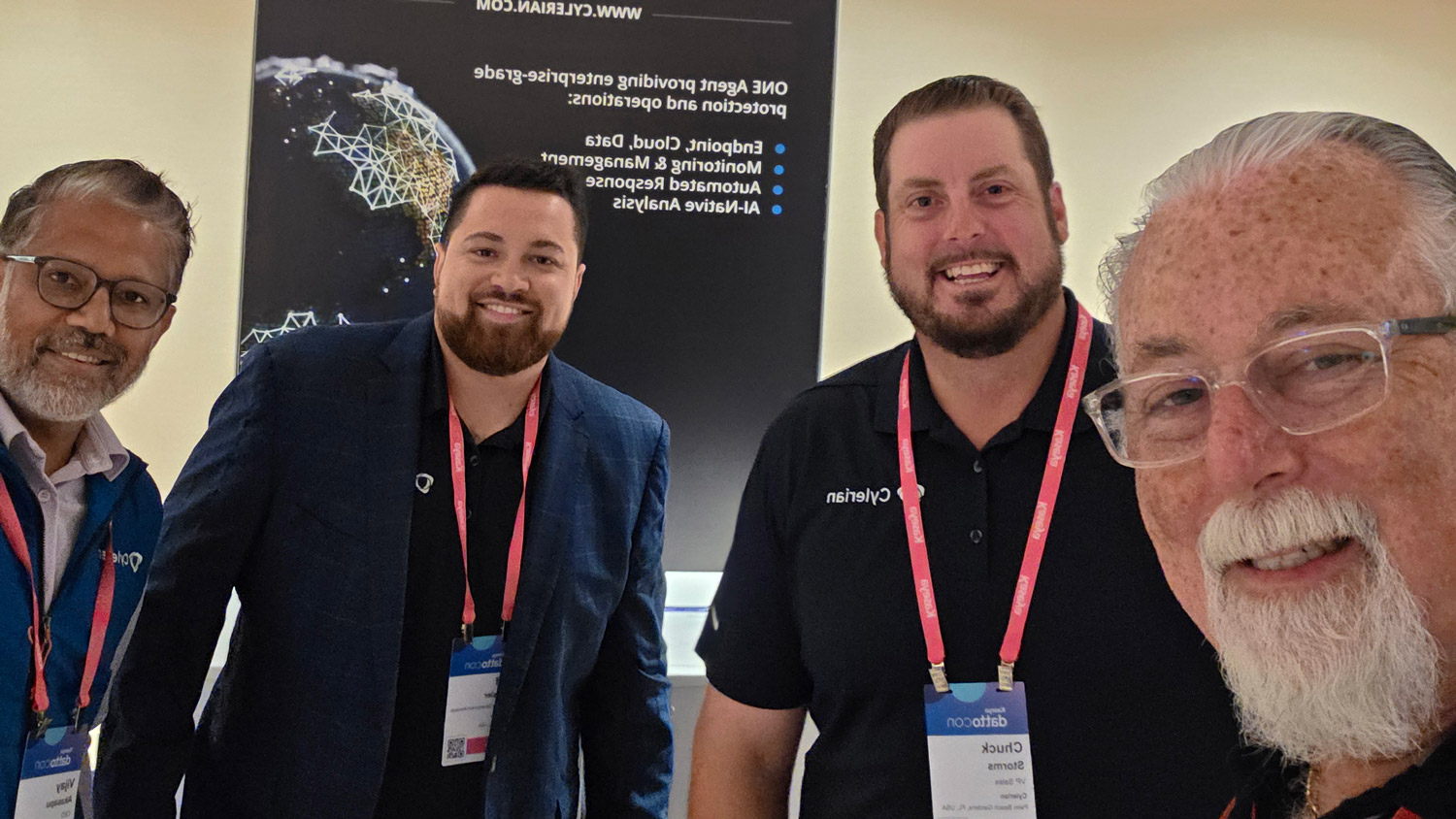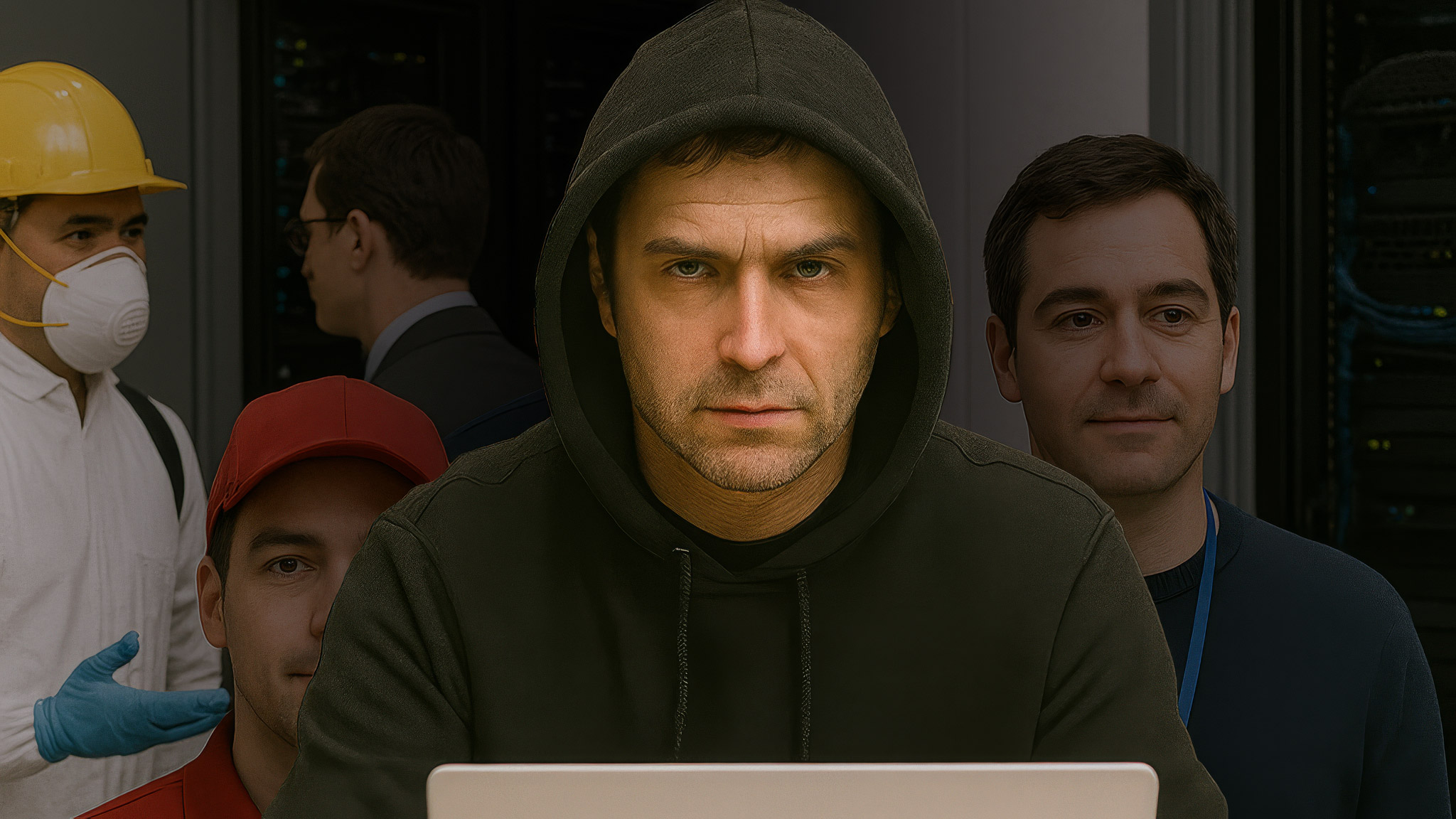As one of the few women CEOs in the history of the male-dominated channel space, keeping core values as a guiding light is key to challenging the status quo as a strong leader. For me, that means keeping my two values of continuous learning and unwavering ambition top of mind in everything I do—and honoring my personal principle of never getting too comfortable. As CEO of Syncro, I want to share my journey with up-and-coming women in the channel space and provide my best advice on how to succeed.
Rising Through the Ranks
As a young adult, I was torn between pursuing a career in art or computer engineering. I ultimately chose the latter, steering me down a path to pursue a degree in computer engineering at Montreal-based McGill University. But that doesn’t mean I lost my passion for art. I also completed my Master’s in Art Education. I home in on challenges by using my understanding of tech and combining it with the art of the possible, translating to creative problem solving—a style of thinking that has informed my entire career. My background in hard sciences, technology, and creative art means I bring a diverse perspective to the industry.
After starting out as a computer engineer in a product management role, I naturally fell into the MSP space by virtue of working at a company that was acquired by Datto. There I found my love for the channel by transitioning to a role where I built out a 24/7/365 tech support team. This is where I discovered how incredibly exciting the MSP space is and how interesting it is to work in a relatively novel and quickly evolving industry. This experience gave me the opportunity to get to know MSPs, their pain points, how to take them from frustrated to satisfied, and above, all, how to help them succeed.
Later in my career, I wore many other hats, from leading training to spearheading our hardware assembly operations to becoming a chief product officer. At Datto, I built a reputation as a leader who got things done, was unafraid to ruffle feathers, defied conventions, and made difficult decisions. Most recently, I joined the Syncro board in 2021, which led to the opportunity to step up as Syncro’s first female CEO at the end of last year.
How I Broke the Glass Ceiling
Success is a combination of hard work and luck, and I have been fortunate enough to have had the opportunity to apply my ambition and knack for learning in the right places at the right times. And now, I want to inspire others in the industry (especially women) by sharing four lessons I’ve learned to break down glass-ceiling barriers.
1. Adapt and Act Quickly
I’ve played soccer since an early age. One of the most valuable lessons that playing a team sport teaches you is how to adjust to conditions and make real-time decisions quickly. As the speed of tech innovation accelerates at an exponential rate, these skills are more important than ever.
The challenges MSPs encounter running their business today are different from the challenges they encountered five years ago. MSPs have new hiring challenges, must keep up with new tech and security threats, and must operate a profitable business. Understanding these pressures and staying connected with your customers, adapting to them, and quickly responding to the ever-evolving landscape helps you stay ahead of the curve.
2. Seek Out a Mentor and Don’t Be Afraid to Ask for Feedback
Behind every successful person is a willingness to not only receive and accept feedback gracefully but to actively seek it out—from managers, peers, or coaches. My experience working with leaders and mentors throughout my career gave me practice receiving feedback. Learning to love it requires a lot of patience and dedication.
Outside perspective is invaluable. This is why I encourage everyone to find a mentor. It doesn’t have to necessarily be another woman, it just has to be someone who is on your side, who wants to help you talk through challenges, and someone who keeps you accountable. For instance, I put this into practice by getting together with a trusted friend and former colleague once a month to discuss what is working, what isn’t, and to set goals. This regular check-in keeps us both on track.
In addition, anyone who wants to take their career to the next level should consider enlisting an executive coach. Working with a professional can help you see things from a different perspective and give yourself permission to try new things without as much fear and anxiety and can help you be the leader you’ve always wanted to be.
3. Get Comfortable Being Uncomfortable
At the beginning of your career, there is a lot of pressure to pick a path and stick with it, as if it is a commitment that you can never change. The good news is that you do not need to take your first career choice so seriously.
Give yourself permission to change roles and careers as you grow and evolve. An easy way to accomplish this is to embrace job shadowing, which can help you better understand what you like, and maybe even more importantly, what you don’t like about different roles. It is OK to say, “Yes, I want to try this, but I’ll need some support.” It is OK to try new things without having a fully developed skill set. That is what being comfortable with being uncomfortable is all about.
4. Have Hard Conversations for the Greater Good
There is a lot of work to be done to improve equity and diversity in the workplace. This starts by having hard conversations about bias. Seemingly small changes to policies and procedures can make a big impact on a lot of people. For instance, find ways to help your company understand its bias and in turn translate that understanding to better hiring practices to increase diversity. It may feel uncomfortable at first, but it is important to do work that has a lasting impact.
If you feel really uncomfortable approaching these topics in your workplace, ask yourself if this is an organization that you want to be a part of long term. A healthy organization will want to make everyone who works there feel comfortable, and leaders will want to hear about changes that could help folks belong. Also, push your peers to reshape company policy to put employees first, such as parental leave, flexible working arrangements, and more.
Looking Ahead
A theme that emerges from these four lessons is that being vulnerable isn’t a characteristic that is present in many institutions, likely because it can be misinterpreted as a sign of weakness. But exposing vulnerabilities, talking through strategic issues, or having concerns is not a weakness; it is part of a healthy process that allows us to deliver the best outcomes.
That’s why I challenge myself, my teams, and the next generation of the channel to embrace vulnerabilities to strengthen the places in which we work. As one of the women leaders in the channel space, I want to inspire the next generation of women to break the glass ceiling and champion the channel.
EMILY GLASS is president and CEO at Syncro, a combined RMM and PSA platform that helps managed service providers start, run, and grow their business. Before joining Syncro, Glass served as COO at Alyce, a sales and marketing enterprise gifting platform; and at Datto, she served as customer experience officer, creating an award-winning technical support experience, and as chief product officer, driving product strategy.













